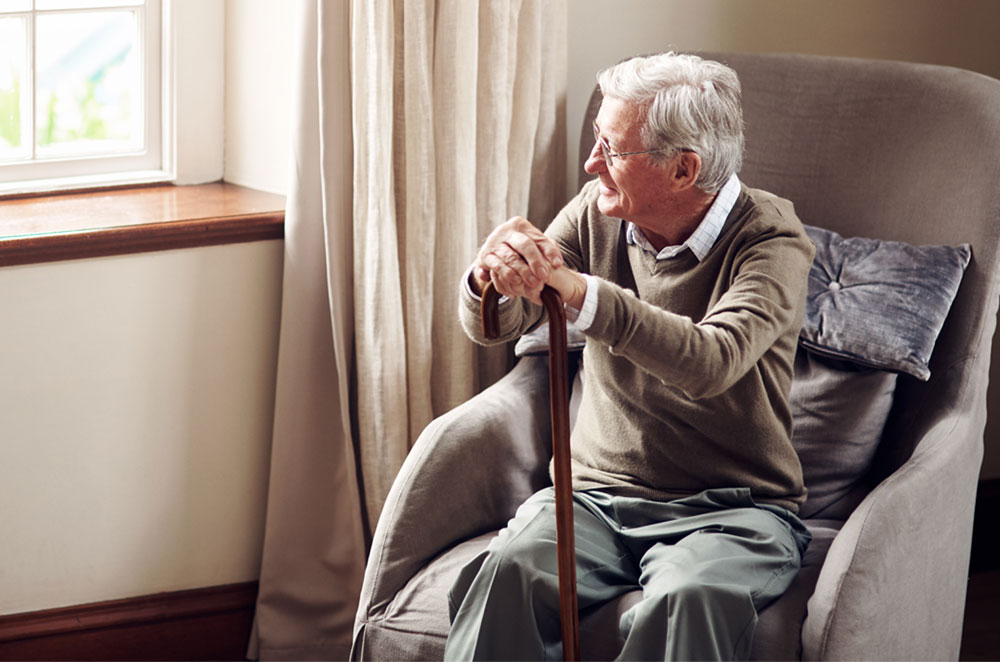
When most people think of nursing home abuse, they are thinking about the caretakers in the facility abusing residents. While nursing home residents can suffer at the hands of negligent or abusive staff, a far more common source of abuse is other residents.
Resident-on-resident abuse can be so prevalent that many long-term care staff simply consider it part of the normal day-to-day of life in assisted living facilities. However, abuse of any kind should never be considered “normal.”
Nursing home and assisted living facility residents are more vulnerable to abuse because they are often either mentally or physically unable to protect themselves and can be too afraid of retaliation to speak up. That doesn’t mean no one should or can be held liable for the abuse your loved one suffers in a nursing home facility.
When nursing home residents abuse other residents, you can’t bring a lawsuit against the perpetrator, usually because the violence is typically the result of cognitive deficits and so the abusive resident can’t be held legally responsible for their actions.
However, the nursing home has a legal duty to protect their residents from abuse, violence, neglect, and harassment, even and especially from other residents. That means they can be held liable for failing to do so.
How Often Does Resident-On-Resident Abuse Occur?
In one study of 2,000 residents across 10 nursing homes, one in every five residents reported having aggressive encounters with other residents roughly once a month (every four weeks). These encounters included angry yelling, spitting, hitting, kicking, biting, scratching, and having objects thrown at them.
In another study of 249 nursing homes across 10 states, researchers spoke to nurse aides about the resident-on-resident abuse they witnessed over the prior three months.
- 97% observed residents yelling at each other
- 94% observed residents pushing, grabbing, or pinching each other
- 91% observed aggressive behavior between residents
- 77% observed residents exposing themselves to other residents
- 69% observed residents entering other residents’ rooms and stealing their belongings
What Happens When Residents are Being Abused?
Nursing home abuse can have a serious impact on nursing home residents’ quality of life, not only emotionally, but mentally and physically as well.
- They can experience loneliness, anxiety, and depression.
- They can experience more rapid functional decline.
- They are more likely to suffer injuries such as falls, fractures, cuts, and bruises.
Signs of abuse include withdrawal from family and social settings, lack of interest in things they used to enjoy, increased anxiety, unexplained bruises, and sexually transmitted diseases.
What Contributes to Resident-On-Resident Abuse?
According to the National Center on Elder Abuse, there are several factors that contribute to increased resident-on-resident abuse in nursing homes and assisted living facilities. These include:
- Overcrowding
- Understaffing
- High number of residents with dementia
- Mingling of residents with psychiatric illness and cognitive impairment
- Lack of staff intervention
Studies suggest that the attitude of staff may be one of the biggest factors in resident-on-resident abuse. When staff treat abusive behavior between residents as “expected” and “normal,” they are less likely to do anything to stop it.
Protect Your Loved One From Further Abuse by Holding the Facility Liable
Nursing home staff should be aware of their residents’ behavior toward each other, so whether they knew and did nothing, or should have known but didn’t because they were negligent in monitoring their residents’ health and well-being, they can be held liable.
The South Carolina nursing home abuse attorneys at Joye Law Firm can help with cases of nursing home abuse, both when perpetrated by staff and when it’s caused by other residents. If you suspect your loved one is being abused, don’t let it go on any longer. Contact our team today for a free case review.







































